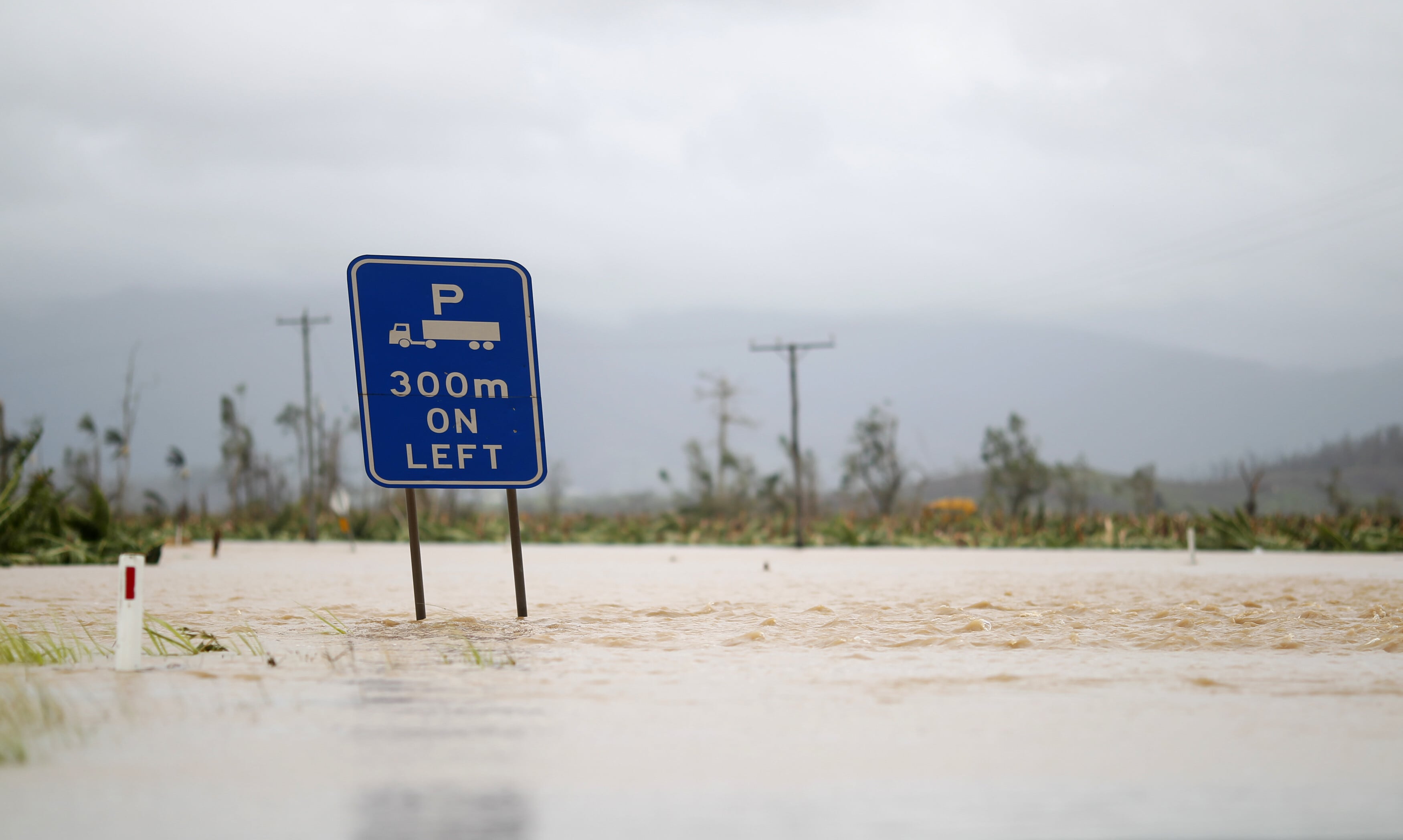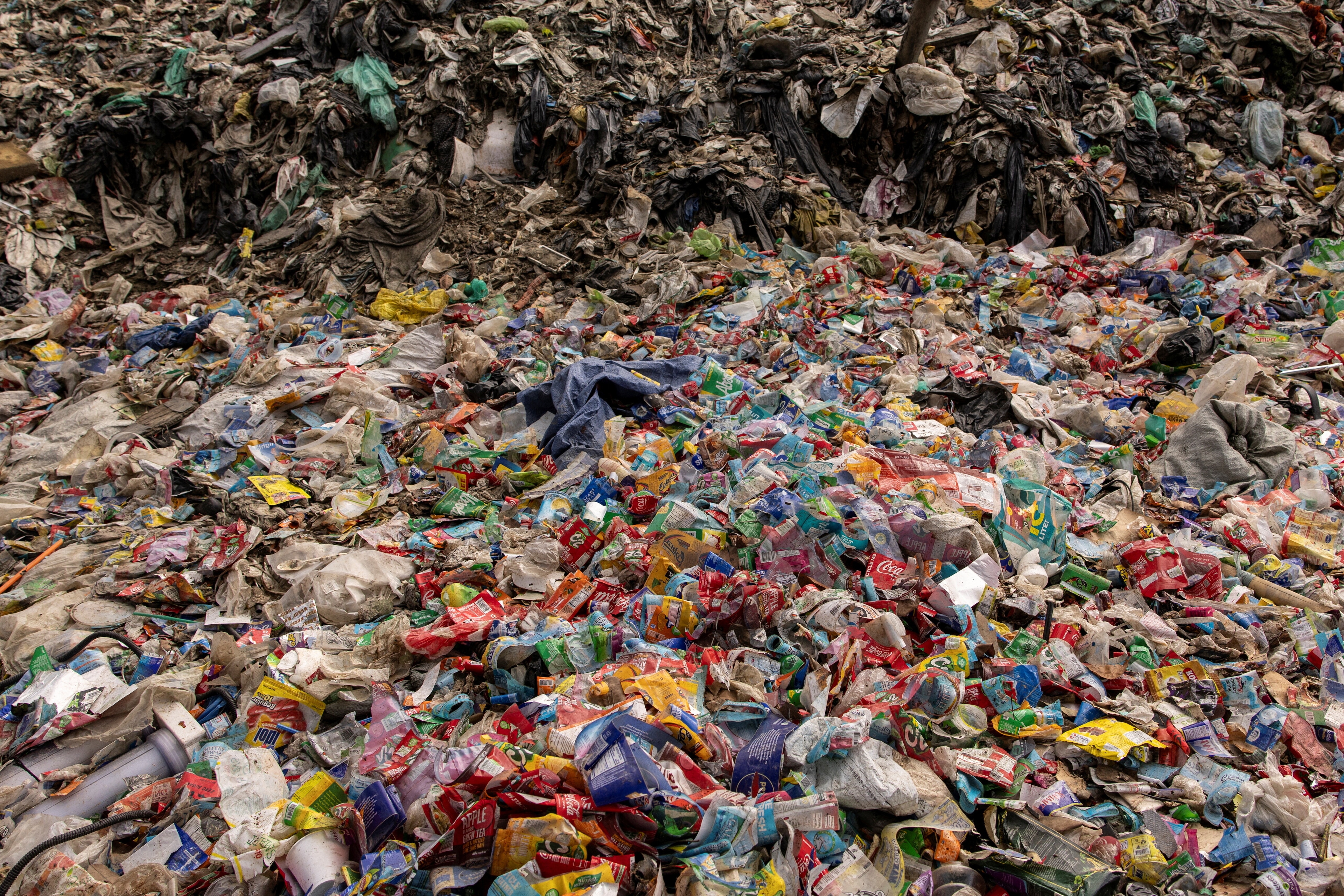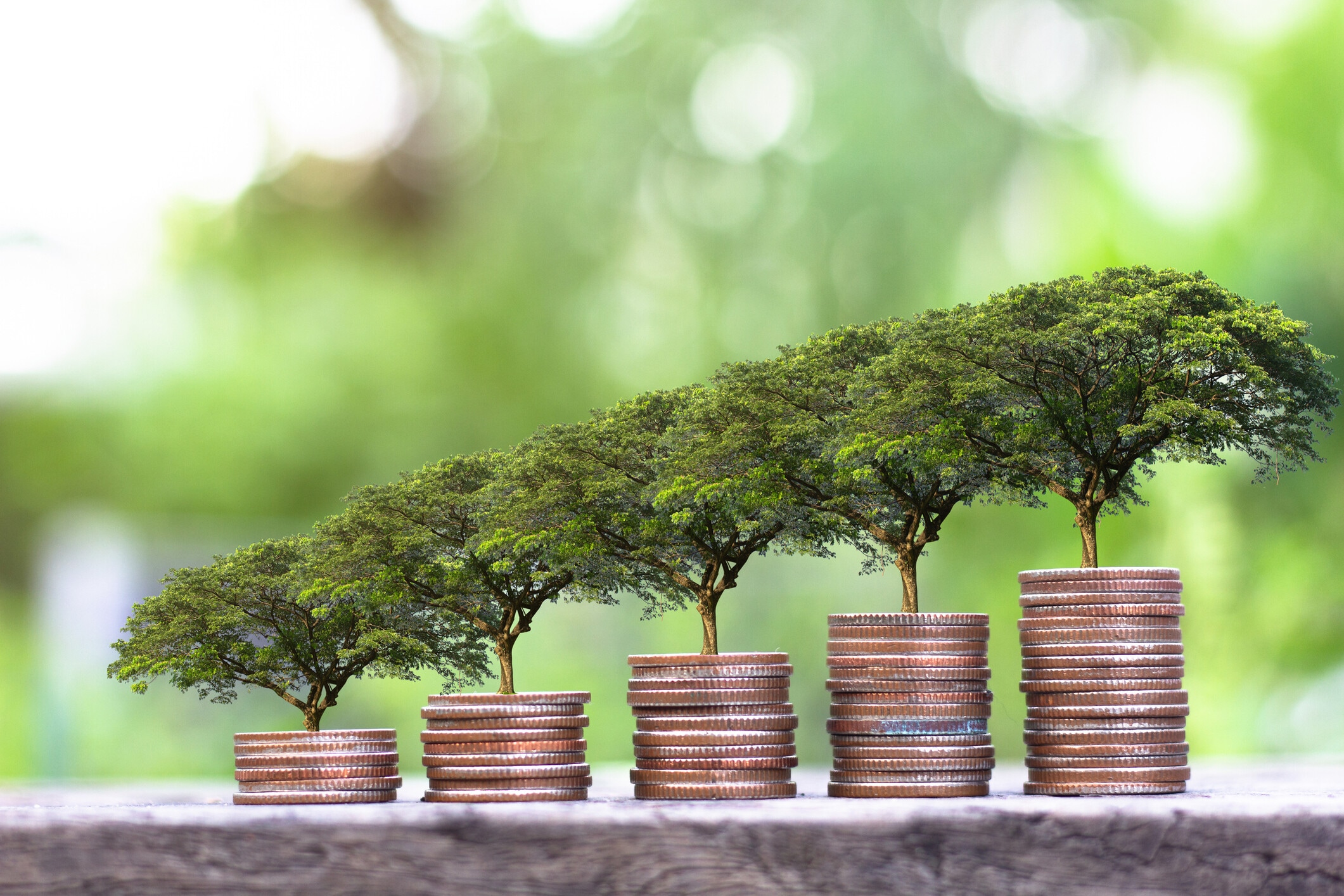New type of toxic pollution called ‘plastitar’ found on Canary Islands
A new type of plastic pollution, named plastitar, is washing up on the Canary Islands.
Image: Unsplash/Sören Funk
Paige Bennett
Writer, EcoWatchStay up to date:
Plastic Pollution
- Researchers in the Canary Islands have discovered a new type of pollution washing up on shores.
- “Plastitar” consists of tar balls – often found after oil spills – and microplastics.
- The makeup of plastitar has researchers concerned about potential toxic leaching into marine environments, but more research into its impacts is needed.
Plastic pollution in the oceans. Microplastics. Oil spills. Each of these items is already a distinct crisis. But researchers in the Canary Islands have coined a term for a new type of pollution they are finding in their studies: plastitar. According to the scientists, plastitar is washing up around shores of islands and consists of tar balls, often found after oil spills, and microplastics.
“No longer is the presence of plastic in the environment limited to microplastics or a bottle in the sea,” Javier Hernández-Borges, associate professor of analytical chemistry at the University of La Laguna in Tenerife, told The Guardian. Hernández-Borges coined the term plastitar. “Now it’s giving rise to new formations; in this case, one that combines two contaminants.”
Plastitar: a new concern for the world's oceans
Scientists first noticed the tar balls coated in plastic fragments two years ago and have now shared this worrisome finding in the journal Science of the Total Environment. The discovery joins other new formations of plastic pollutions taking over the marine environment, including pyroplastics (melted plastic pieces that resemble rocks) and plastiglomerates (the accumulation of melted plastic, basalt lava pieces and coastal sediments).
What is the World Economic Forum doing about plastic pollution?
As for the newly defined plastitar, it consists of tar balls, or pieces of sticky, hardening tar from oil spills, that collects plastic fragments in the water.
“It acts like Play-Doh,” Hernández-Borges explained. “And when waves carrying microplastics or any other kind of marine debris crash on to the rocks, this debris sticks to the tar.”
The tar eventually hardens, creating a new formation of remnants from oil spills and tiny pieces of plastic from various sources.
Researchers found the plastitar at several islands within the Canary Islands and suspect these formations can be found in other parts of the world as well. The plastic fragments studied were overwhelmingly polyethylene, the most common type of plastic globally. Polyethylene is used for everything from cling wrap and plastic bags to detergent bottles and milk jugs. It’s also found in housewares, toys, and other ubiquitous objects.
The makeup of the plastitar has researchers concerned about potential toxic leaching into marine environments.
“Polycyclic aromatic hydrocarbons (PAHs) present in tar, which are persistent organic pollutants that can bioaccumulate, have moderate to high acute toxicity to aquatic organisms. They can also act as endocrine disruptors and be carcinogenic, among others,” the study warned. “Its combination with plastic materials clearly supposes a double threat to the marine ecosystem with unknown environmental consequences, since plastics can be ingested by marine organisms causing intestinal blockage, internal injuries, oxidative stress and damage, inflammatory responses, among other important issues.”
The study authors stress that more research is needed on the environmental threats this newly defined type of pollution called plastitar could pose to marine life.
Accept our marketing cookies to access this content.
These cookies are currently disabled in your browser.
Accept our marketing cookies to access this content.
These cookies are currently disabled in your browser.
Don't miss any update on this topic
Create a free account and access your personalized content collection with our latest publications and analyses.
License and Republishing
World Economic Forum articles may be republished in accordance with the Creative Commons Attribution-NonCommercial-NoDerivatives 4.0 International Public License, and in accordance with our Terms of Use.
The views expressed in this article are those of the author alone and not the World Economic Forum.
Forum Stories newsletter
Bringing you weekly curated insights and analysis on the global issues that matter.
More on Nature and BiodiversitySee all
Tom Crowfoot
September 18, 2025
Caroline Meech and Sakshee Singh
September 17, 2025
Tania Strauss and Beverley Postma
September 17, 2025
Metolo Foyet
September 16, 2025
Mark Gough and Naoko Ishii
September 15, 2025




